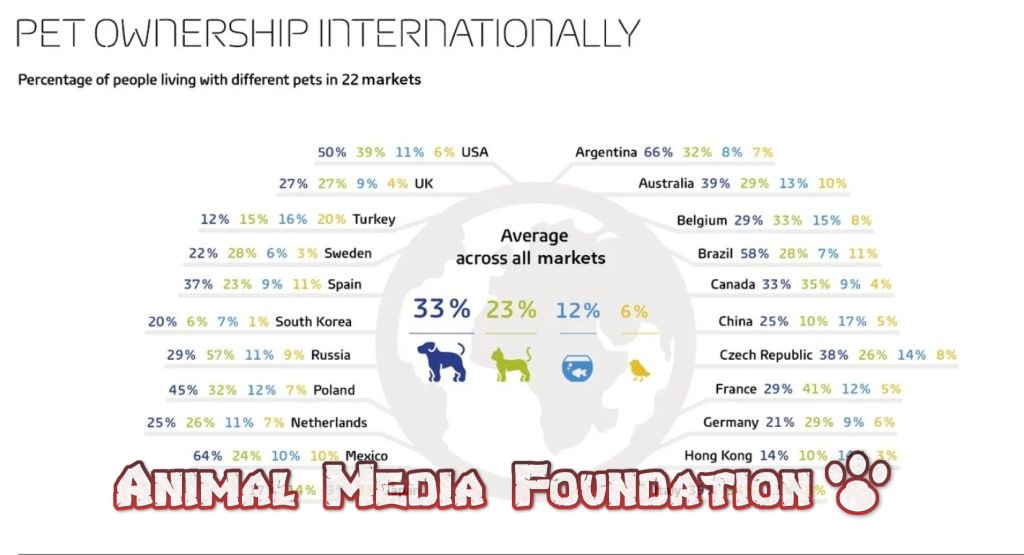Who Owns Your Pets: You or the Government?
For many pet owners, their cats, dogs, birds, and other animal companions feel like members of the family. However, legally the government has some say over what pet owners can and can't do. This leads to an interesting question - do pet owners truly "own" their pets, or does the government own them to some degree? This article will analyze the pros and cons of both perspectives.
Pros of Pet Owners Having Full Ownership
1. Strong emotional bonds - Pet owners often form very strong emotional connections with their pets, loving and caring for them for many years. Relinquishing any ownership rights could negatively impact these relationships.
2. Invest significant time and money - Responsible pet owners invest considerable time, money, and effort to properly feed, train, house, and care for their animal companions. Shouldn't they retain exclusive ownership rights?
3. Legal property - In the eyes of the law, pets are considered personal property of their owners the same as a car, furniture, or electronics. Owners bear responsibility for that property.
4. Encourages responsible pet care - Granting full ownership to pet owners provides incentives for properly caring for pets by allowing people to make decisions regarding their animals' best interests.
Cons of Pet Owners Having Exclusive Ownership
1. Pets' ability to suffer - Unlike inanimate property, pets are living creatures capable of experiencing pain, fear, neglect, and abuse if owners fail to properly care for them.
2. Public safety issues - Some pets, especially larger dog breeds, do pose a public safety risk if they have aggressive tendencies and irresponsible owners.
3. Pet overpopulation - Too many unwanted pets end up in shelters and get euthanized each year. More governmental control could help address pet overpopulation through spay/neuter laws.
4. Lack of proper knowledge/resources - Well-meaning pet owners sometimes fail to provide adequate care due to ignorance, lack of training, or insufficient financial resources. Oversight could prevent many cases of neglect and abuse.
Government Regulations on Pet Ownership
While pet owners bear primary responsibility for their pets, federal, state and local governments do impose a variety of laws and regulations regarding animal ownership and welfare. Some examples include:
• Mandatory licensing and rabies vaccinations
• Breed-specific legislation targeting "dangerous" breeds
• Animal cruelty and neglect laws
• Pet shop and commercial breeder oversight
• Import/export regulations for pets
• Housing/zoning restrictions on the number/type of pets
• Leash, clean up, and noise ordinances
As evidenced by the number of pet ownership laws, the government exerts control over many aspects of animal care and the rights of owners. However, the vast majority of day-to-day care and custody of pets falls directly on the owners themselves.
Striking a Balance of Responsibilities
Ideally, pet owners and the government would share a collaborative partnership regarding oversight of domestic animals. Owners would retain authority over choices directly impacting their pets while adhering to baseline regulations protecting animals from abuse and preventing public safety risks.
The government would establish reasonable, ethical guidelines for pet owners without overreaching into personal freedoms and individualized care considerations.
The mutual goal should be maximizing the welfare of pets in balance with protecting public interests. Accomplishing this requires responsible pet owners along with equitable laws and enforcement.
Going to either extreme of complete owner control or absolute governmental authority could negatively impact animal welfare and the relationships between people and their pets.
In the end, when a family welcomes a new furry, feathered, or scaled member into their home, they assume the mantle of primary caretaker and decision-maker regarding that pet's needs.
However, owning a sentient creature is an ethical responsibility warranting some societal oversight against possible neglect or harm. With open communication and empathy on all sides, it's possible to have pet owners and government officials working together for the animals' benefit.
References:
- “What Determines Ownership of a Pet: The Paperwork of Pet Ownership”:
- Pet ownership involves legal responsibilities, and understanding the paperwork is crucial.
- You can prove ownership through various means, including registration, veterinary records, microchipping, tags, and adoption or purchase records.
- Remember that while you view your pet as a family member, animal law considers them personal property, so having formal proof of ownership is essential
- “Do You Know Who Owns Your Vet?”:
- This podcast episode explores how small businesses acquired by big investors can impact customers and employees.
- While not directly about pet ownership, it highlights the changing landscape of veterinary practices and ownership
- “How do I know who owns my vets?”:
- If you’re curious about who owns your veterinary practice, check their website or ask them directly.
- Corporate veterinary practices often list their ownership affiliation on their websites





